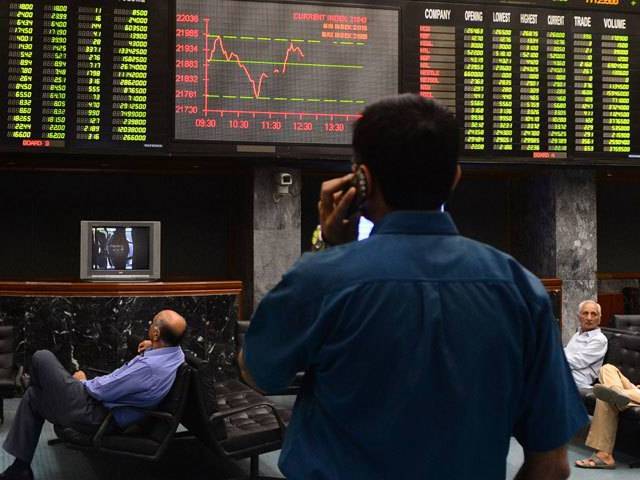
Some analysts credit the global financial crises to short-termism. It is a relatively new term in literature and is gaining popularity after a famous Ted Talk by Synthesis Corp Chief Executive Officer Ari Wallach. Although humans are wired to prefer present gains over future ones, these days this preference is being practised a bit too much. Subsequently, it is invariably resulting into fallacious financial decisions.
Short-term gains are long-term losses
Let us first observe short-termism around us in everyday life before analysing companies and their financial decisions.
For individuals
It is due to rampant short-termism that we often observe people driving along the wrong way in Karachi. People are not willing to take a slightly longer route, but what is at risk? Someone’s life. Any objective person would try and avoid this risk, but since people want to save two minutes and a little fuel right now (short-termism), they ignore a stake as high as their own life.
The same devil is the root cause of corruption as well. Corrupt people are oblivious that a corrupt country in the long run will not be liveable, not even for their own kids and future generations.
Similarly, have a look at the KSE-100 Index each day, especially the often-traded shares on the exchange. You would be extremely amazed to see the increasing quantum of trading in speculative shares and shares with strong fundamentals and financial strength usually remain docile and inactive. The desire to make quick money (short-termism) overshadows long term value creation here too.
For corporations
Businessmen are investing huge amounts in real estate for all sorts of reasons rather than investing the same in their own respective businesses. Why are they doing it? Because quick and largely effortless gains in the real estate market (short-termism) are much more mouth-watering than investing their money, time and effort in expansion of their own businesses.
All of them somehow are oblivious that if every one of them would shut down the industry and put all their money in real estate, then there would be no income for people (barring the estate agents, construction and allied industry workers), and hence, no buyers of the already too expensive property. How would they get the return on their investments?
The above mentioned cases are glimpses of erratic financial decisions. People exhibit the aforementioned behaviour in anticipation of making a killing today. They anticipate becoming overnight billionaires. No one is willing to put in their sweat and blood in projects, which will eventually bring in sustainable profits in the future.
The reason
There can be various reasons behind this behaviour. Our historical background of being a young country might have something to do with it. At the time of independence, Pakistan was a heaven of opportunities. A new country begins with a lot of uncertainty, and hence, a lot of opportunities. People who were nothing at that time have become significant in the past seventy years. As the country achieved maturity, law of diminishing marginal utility kicked in and the window of opportunity minimised. And now it is not a level playing field any more. The rich and the elite have an advantage over everyone else. Mere recognition of this advantage makes the common people anxious, restless and a prey to short-termism.
But what is the problem in short-term focus? Why should we be concerned about it?
The remedy
We need to learn lessons from the top players of the business arena. Do they play according to the whims of short-termism or do they have their eyes fixated on the long-term excellence
As mentioned above, we can observe Pakistani businessmen swinging from one business model to another in anticipation of making a killing overnight, but have we seen multinationals do such things? Instead, they plan strategically and give serious thought on visions and mission statements. They repeatedly do what they do and keep on doing it not only for months, years and decades, but for centuries and achieve almost eternal excellence. This excellence creates a competitive advantage for them. Therefore, we have the invincible empires in front of us.
Taxmen, experts lock horns over rationalising penalties
Our business leaders should learn from these multinationals not only in terms of their ostentatious organisational culture, but more importantly from their long-term planning and vision. This long-term focus creates a trans-generational value for the shareholders and for the society as well.
The author is a corporate banker and teaches economics.
Published in The Express Tribune, May 15th, 2017.
Like Business on Facebook, follow @TribuneBiz on Twitter to stay informed and join in the conversation.





1732084432-0/Untitled-design-(63)1732084432-0-270x192.webp)











COMMENTS
Comments are moderated and generally will be posted if they are on-topic and not abusive.
For more information, please see our Comments FAQ